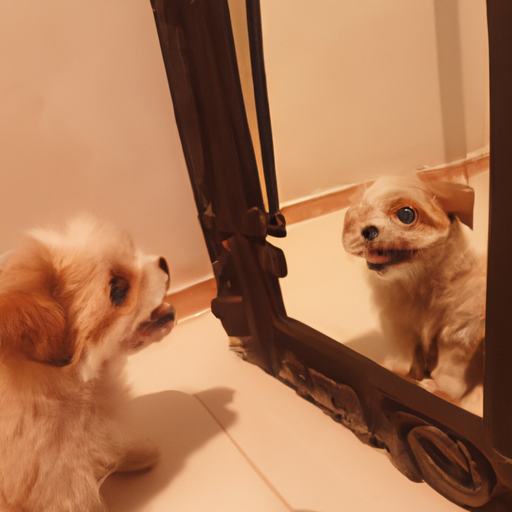Introduction
You’ve welcomed a new puppy into your home, and you’re wondering about their dental development. In this article, we’ll explore everything you need to know about when puppies get their adult teeth. We’ll go through the timeline, what to expect, and ways to promote healthy dental development.
Understanding Puppy Teeth Development
Understanding your puppy’s dental development is essential in ensuring they grow healthy adult teeth.
Puppies are born toothless, and around 2-4 weeks old, they begin to grow their milk teeth, also known as deciduous teeth. These are sharp, tiny teeth that help them transition from nursing to solid food.
By the time your puppy is 8 weeks old, they have a full set of baby teeth, totaling 28.
The Timeline of Puppies’ Adult Teeth
When do puppies get adult teeth? The transition from baby teeth to adult teeth usually starts around the 12th week. By the time they’re 6-7 months old, most puppies have a full set of adult teeth.
Here’s an approximate timeline:
- 12-16 weeks: The baby teeth begin to fall out, and the adult incisors and canines start to come in.
- 16-24 weeks: The premolars and molars come in.
By the time your puppy is about 7 months old, they should have all 42 of their adult teeth.
Signs Your Puppy is Teething
Just like babies, puppies go through a teething phase. Here are some signs:
- Increased chewing
- Drooling
- Swollen, red gums
- Missing teeth
- Bad breath
How to Care for a Teething Puppy
During the teething phase, your puppy may experience discomfort. Here’s how you can help:
- Provide chew toys: Chew toys can help alleviate the discomfort. Make sure you choose safe, puppy-friendly options.
- Use cold items: Just like with human babies, cold items can help soothe the gums. Try freezing a wet washcloth or a puppy teething toy.
- Maintain a balanced diet: Ensure your puppy is getting the necessary nutrients for healthy development.
- Monitor their mouth: Regularly check your puppy’s mouth to ensure everything is progressing normally.
Potential Problems and Solutions
Sometimes, puppies may experience issues during the teething phase. Here are some potential problems and their solutions:
| Problem | Solution |
|---|---|
| Retained baby teeth | If the baby teeth don’t fall out, they can cause overcrowding or alignment issues. You may need to consult a vet. |
| Damaged adult teeth | Sometimes, puppies can damage their adult teeth. If you notice any chips or cracks, consult your vet. |
| Gum disease | Regular dental care is essential to prevent gum disease. Brush your puppy’s teeth regularly and provide dental chews. |
Regular Dental Care for Adult Teeth
Once your puppy has all their adult teeth, regular dental care is essential.
- Brush their teeth regularly: Aim for daily brushing using a dog-specific toothpaste.
- Provide dental chews: Dental chews can help keep your dog’s teeth clean.
- Regular vet check-ups: Your vet can check for any dental issues during your regular visits.
FAQ
Q: When do puppies lose their baby teeth?
A: Puppies usually start losing their baby teeth around 12-16 weeks.
Q: How many adult teeth do dogs have?
A: Adult dogs have 42 teeth.
Q: Can teething cause my puppy to be irritable?
A: Yes, teething can cause discomfort, which may result in your puppy being a bit more irritable than usual.
Q: What if my puppy’s baby teeth don’t fall out?
A: If your puppy’s baby teeth don’t fall out, it could lead to overcrowding or alignment problems. You should consult your vet.
Understanding your puppy’s dental development can help you ensure they grow strong, healthy adult teeth. Remember to monitor their progress, provide soothing solutions during the teething phase, and maintain regular dental care once all their adult teeth have come in.



